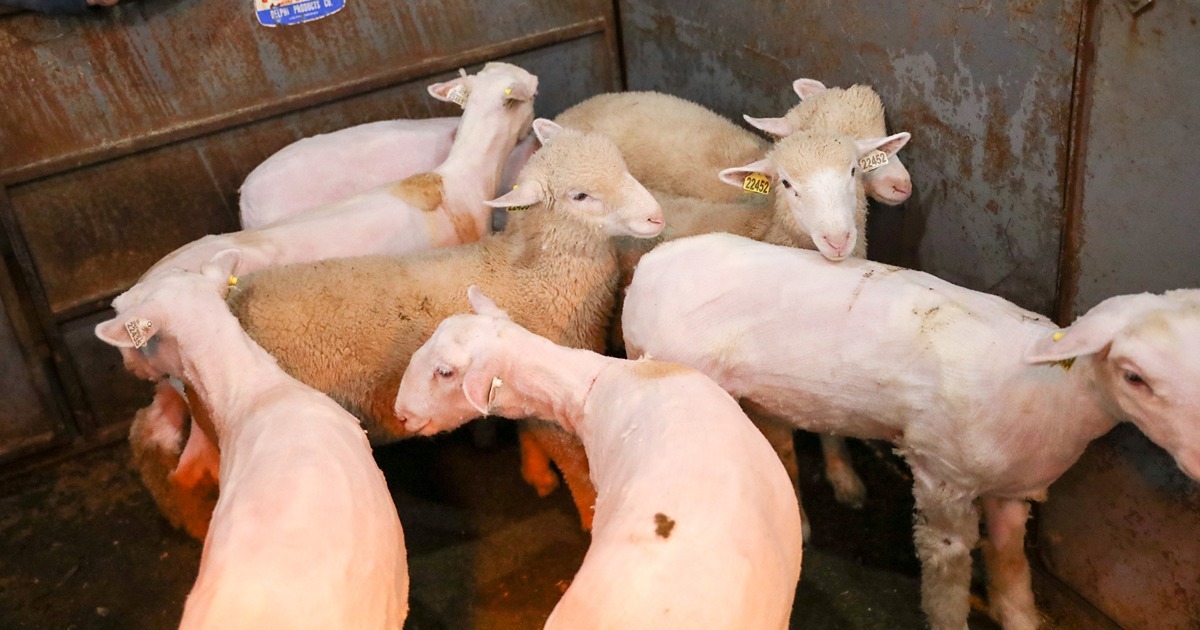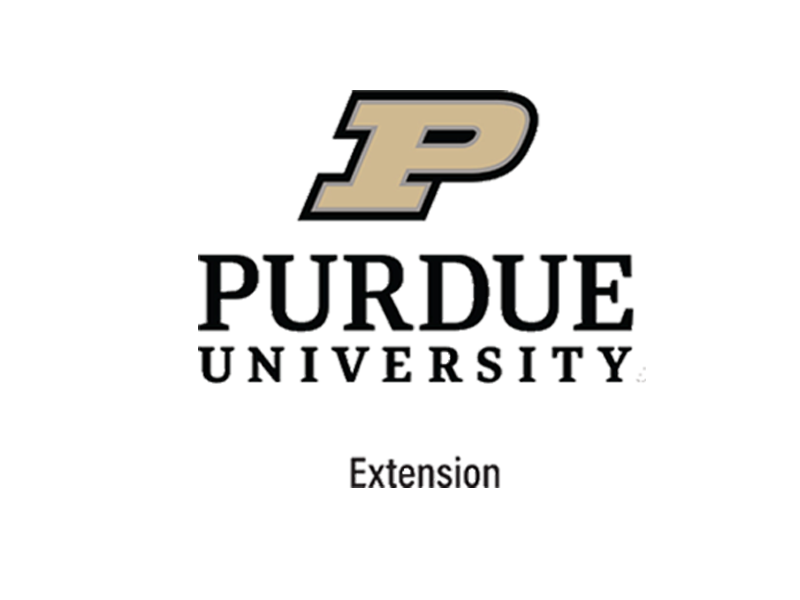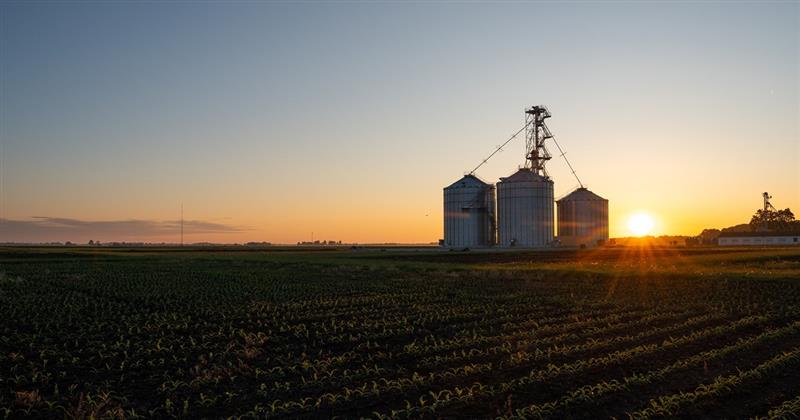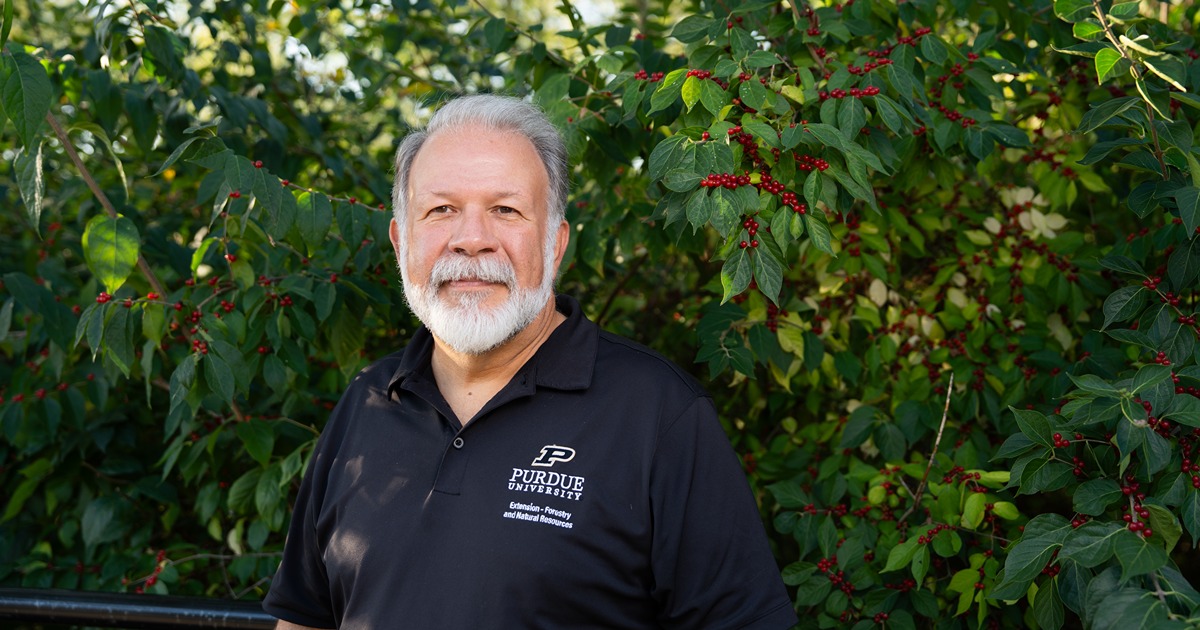April TCTAC Grants
Purdue Extension Community Development is the Indiana lead for the Great Lakes Environmental Justice Thriving Communities Technical Assistance Center (TCTAC). Additional Indiana partners include the Illinois-Indiana Sea Grant and the Purdue Center For Regional Development. The TCTAC’s mission is to support community organizations in successfully navigating funding opportunities to access the resources they need to lead in the transition to clean energy, pollution clean-up, and green workforce development. The target audience(s) include communities within disadvantaged and rural census tracts. The Climate and Economic Justice Screening Tool is a preferred resource for identifying eligible census tracts: https://bit.ly/3TKErEr.
The Purdue Extension Community Development newsletter will highlight monthly TCTAC funding, outreach, and training updates. Several technical assistance resources are being developed, and more information and opportunities will be available this spring.
Our TCTAC partner, Environmental Protection Network (EPN), shares funding opportunities and training resources on their website, newsletter, and notices. Sign up to receive their newsletter and/or funding notices here:
https://www.environmentalprotectionnetwork.org/epn-newsletter/subscribe/
This month’s highlighted grants from the Environmental Protection Network (EPN) can be found below.
New EPA Grant Recipient Requirements
1) EPA Grants Management Training for Applicants and Recipients
EPA’s Office of Grants and Debarment recently announced that, as of March 4, 2024, all new grant applicants and recipients must complete two online courses, “EPA Grants Management Training for Applicants and Recipients” and “How to Develop a Budget,” prior to receiving grant funds. Go to #1 on our website for more information.
DOE, DOT, and EPA Funding Opportunities
2) Department of Energy’s (DOE) Funding for Clean Transportation Deployment and Demonstration
DOE is providing $15 million as part of its Technology Integration Funding Opportunity for projects that will advance the deployment of technologies critical to achieving net-zero greenhouse gas emissions in the transportation sector. The funding seeks the participation of underserved communities and underrepresented groups and there is a public list of potential applicants looking for partners. Applicants (but not partners) needed to have already submitted a concept paper by March 12, 2024, and full applications are due April 30, 2024. Go to #2 on our website for more information.
3) Department of Transportation (DOT) Low- or No-Emission Grants for Buses and Bus facilities
DOT’s Low- or No-Emission and Grants for Buses and Bus Facilities Competitive Programs will award nearly $1.5 billion to help transit agencies replace aging buses, reduce air pollution, provide good-paying jobs, and improve the reliability of transit systems. This funding opportunity gives priority consideration to Tribal governments and projects advancing environmental justice. Complete proposals must be submitted by April 25, 2024. Go to #3 on our website for more information.
4) EPA’s Inflation Reduction Act’s Clean Ports Program
$3 billion in funding is available via the Clean Ports Program to fund zero-emission port equipment and infrastructure, as well as climate and air quality planning at U.S. ports. Applications are due May 28 at 11:59pm ET. Go to #4 on our website for more information.
5) DOE Funding for Tribal Clean Energy Projects
DOE’s Office of Indian Energy is soliciting applications for $25 million in funding for Indian Tribes, which include Alaska Native Regional Corporations and Village Corporations, Intertribal Organizations, and Tribal Energy Development Organizations, to install clean energy technology on Tribal lands. Applications are due May 30, 2024, at 2pm PT/5pm ET. Go to #5 on our website for more information.
6) DOE Funding for Transformative Clean Energy Projects
Under the new Local Government Energy Program, Communities Sparking Investments in Transformative Energy (C-SITE) will award approximately $18 million to implement municipally- or Tribal-led, high-impact clean energy projects in disadvantaged communities, energy communities, small- and medium-sized cities and towns, and Tribal communities. The program focuses on delivering funding to support projects and programs at the local level that reduce energy use, create local jobs, and focus on benefits to disadvantaged communities. Completed applications are due by May 31, 2024, at 2pm PT/5pm ET. Go to #6 on our website for more information.
7) The Deadlines for the CPRG Implementation Grant Applications Are Approaching!
Please reference EPN’s step-by-step guides for the General Competition (due April 1, 2024, 11:59pm ET), and the Tribal/Territories Only Competition (due May 1, 2024, 11:59pm ET) and for Applicants Interested in Applying to both the General Competition and the Tribal and Territories Only Competition. In addition, reminder: Priority Climate Action Plans (PCAPs) are due April 1st for Tribes, Tribal consortia, and territories. Go to #7 on our website for more information.
EPA’s Environmental and Climate Justice Community Change Grants (Community Change Grants)
8) 6-step Application Guides for Community Change Grants
EPN has added a Track I program budget template and Track II budget sample to its 6-step application guides for the Change Grants. You will also find a sample proposal narrative for Track 1 and Track II, plus additional templates/samples for Track I attachments. Although the final deadline for the Change Grants is November 21, 2024, EPA plans to review applications on a rolling basis each month, and there may be initial award announcements soon. As such, EPN suggests that applicants (who are ready) submit applications ASAP. Please reach out to info@environmentalprotectionnetwork.org if you would like additional help. Go to #8 on our website for more information.
9) Community Change Grants Webinar Hosted by the River Network, in Partnership with EPN
Join us TODAY, Tuesday, March 26th at 2pm ET. We will review the Notice of Funding Opportunity, discuss applicant eligibility, share available technical assistance resources, and answer questions. Session participants will also have the opportunity to connect with one another in small groups to share project ideas and discuss technical assistance needs. Go to #9 on our website for more information.
EPA’s Clean School Bus Program has released a new resource titled Coordinating with Electric Utility Partners to prepare schools and school districts for the first of many conversations they will have with utilities, and provide a high-level overview of what schools can expect as they build out charging infrastructure to support electric school buses. Go to #11 on our website for more information.
10) Clean School Bus Webinars
EPA’s Clean School Bus Program is partnering with the Joint Office of Energy and Transportation to host a technical assistance webinar series on topics relevant to the clean school bus community. Go to #10 on our website for more information.
11) Coordinating with Electric Utility Partners Resource Document
EPA’s Clean School Bus Program has released a new resource titled Coordinating with Electric Utility Partners to prepare schools and school districts for the first of many conversations they will have with utilities, and provide a high-level overview of what schools can expect as they build out charging infrastructure to support electric school buses. Go to #11 on our website for more information.
12) Joint Office Clean Bus Planning Awards Program
The $5 million Clean Bus Planning Awards Program, provides free technical assistance to create comprehensive and customized bus electrification plans for fleets across the United States. Applications for assistance are open on a rolling basis through Sept. 30, 2024. Go to #12 on our website for more information.
Webinars and Programs
13) EPA Procurement, Subawards, and Participant Support Costs Webinar
On Wednesday, March 27, from 11:30am - 1:00pm ET, EPA will cover procurement regulations and requirements. Participants will be able to ask questions of EPA presenters during the webinar, and advance registration is required. Go to #13 on our website for more information.
14) New EPA Davis-Bacon Grant Term and Condition Webinar
The New EPA Davis-Bacon Grant Term and Condition Webinar will be held on Thursday, March 28, from 12:30-1:30pm ET. This training will discuss EPA’s new Davis-Bacon Term and Condition that is required for certain programs that involve construction activities. Advance registration is required. Go to #14 on our website for more information.
15) Finance Action Organisers Network’s Spring 2024 IRA Pathways Cohort: Clean Energy Finance Campaigns
The Finance Action Organisers Network is hosting a five-week program, which alternates between Zoom classroom sessions and one-on-one campaign navigation support for your organization, and will provide the opportunity to walk away with a draft “campaign in a box.” You’ll get support to fill out a campaign planning template and follow-up navigation support as needed. Applications are due April 12, and you'll be notified if you've been selected by April 17. Go to #15 on our website for more information.
Other Resources and Opportunities
16) Resources to Help Identify Disadvantaged Communities
The Environmental and Climate Justice Program (ECJ Program), created by the Inflation Reduction Act (IRA), provides funding for financial and technical assistance to carry out environmental and climate justice activities to benefit underserved and overburdened communities. EPN has compiled information on EPA’s definition of a disadvantaged community as well as tools, including EPA’s EJScreen, CEJST, and others, to help potential applicants identify disadvantaged/environmental justice communities. Go to #16 on our website for more information.
17) Final Rules on Direct Pay
The IRS recently released revised final rules addressing Direct Pay. Direct Pay refers to provisions in the Inflation Reduction Act that allow tax-exempt entities (like cities, states, school districts, nonprofits, Tribal governments, religious institutions, etc.) to receive tax credits from the IRS in the form of direct payments for clean energy projects (such as electric vehicle purchases, EV charging stations, solar/wind farms, etc.). You can contact Lawyers for Good Government (L4GG) with discrete legal questions. Go to #17 on our website for more information.
18) GitLab Foundation’s Green Jobs for Economic Opportunity Fund
The Fund is designed to support early-stage and innovative ideas that will help drive new climate careers while filling a gap in the funding ecosystem. Grants are flexible, from $250k for individual orgs and $500k for partnerships. Concept note deadline is May 2nd, and for invited full applications, the deadline is June 14th. Go to #18 on our website for more information.






